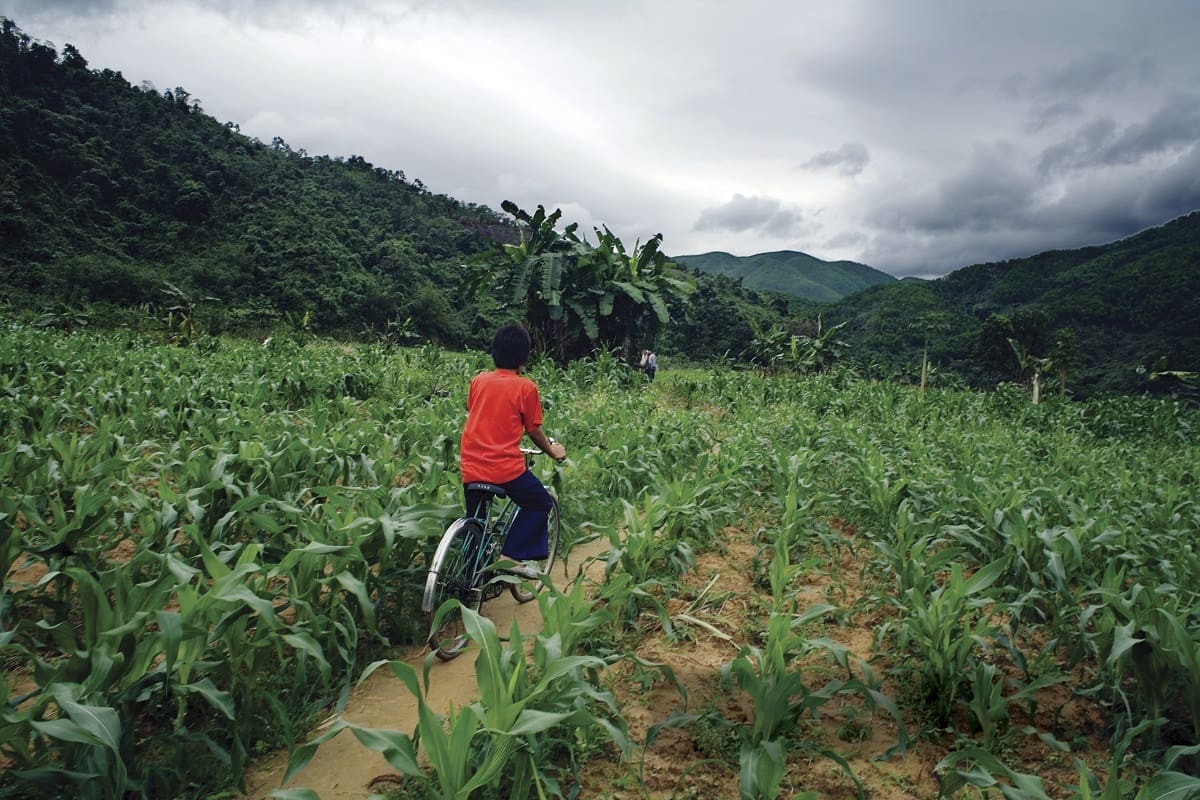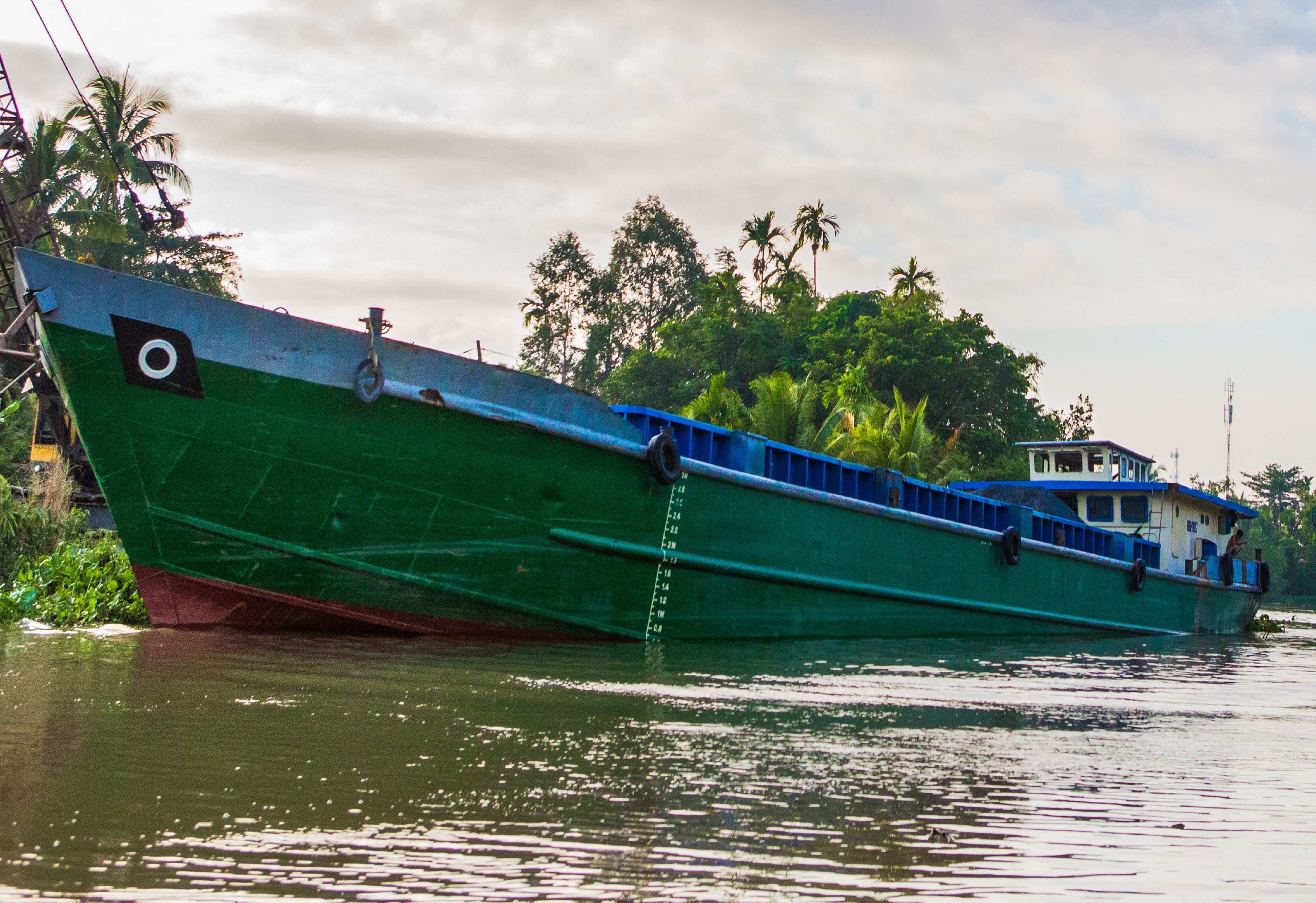The Rockefeller Foundation has a long, productive history working with the people of Asia to address major challenges of the 20th century, from helping the government of Thailand establish its first department of public health to establishing the China Medical Board in 1914 to revolutionize medical education.
In recent decades, Asia has experienced unprecedented advances in the forms of strengthened education systems, improved health care, and reduced poverty. These changes have been driven by a combination of forces: a rapid expansion of economic opportunity, political will, increased civic engagement, and greater innovation and dynamism across many fields. The private sector, academia, and the sciences, along with The Rockefeller Foundation and other philanthropic institutions, have all contributed to these transformations.
With these advances has also come a tremendous shift in the region’s economic structure and population distribution. Despite this incredible progress, the path to development has been unstable and uneven. According to the World Bank, South Asia alone accounts for 44 percent of the developing world’s poor. Despite major improvements in food production, unequal access and distribution leaves millions still hungry. Even rapidly developing countries, such as Thailand and Vietnam, remain especially vulnerable to natural disasters, economic shocks, and global volatility. The World Bank reports that 70 percent of the world’s natural disasters occur in East Asia and the Pacific.
Given the region’s acute vulnerability, much of The Rockefeller Foundation’s focus in Asia, led by our office in Bangkok, Thailand, has been on helping urban communities cope with the imminent consequences of climate change through the establishment of the Asian Cities Climate Change Network. We have also pioneered linkages between disease surveillance networks, and more recently, established models to electrify Indian villages to spur more economic development.


